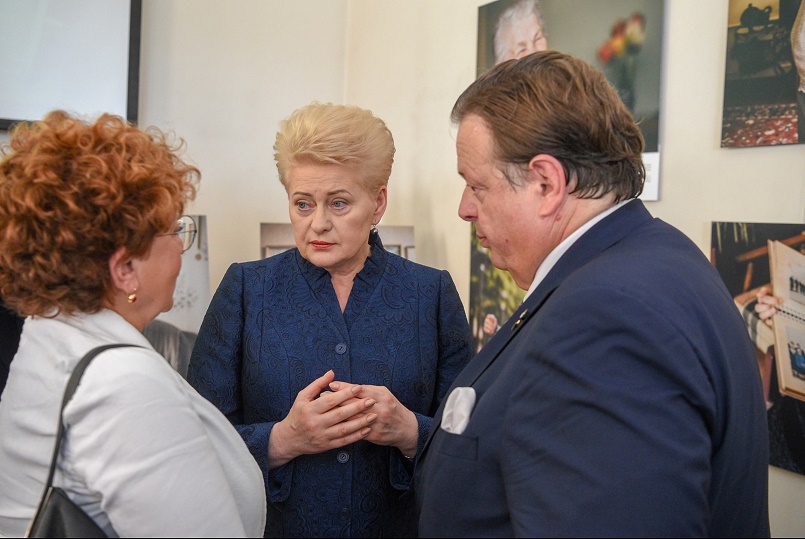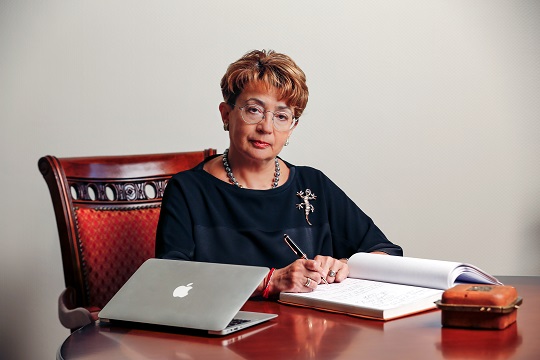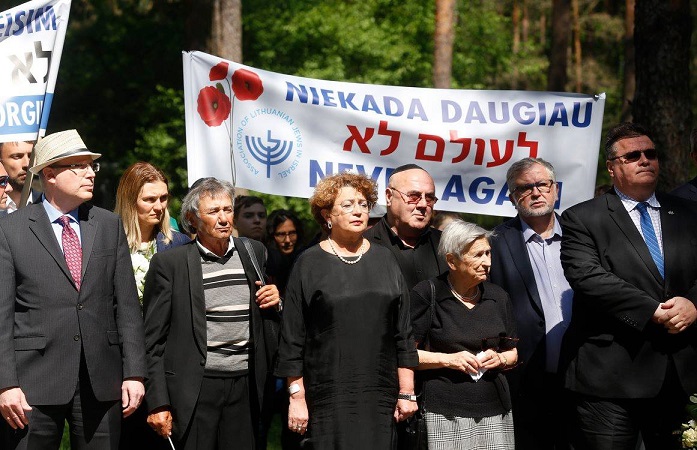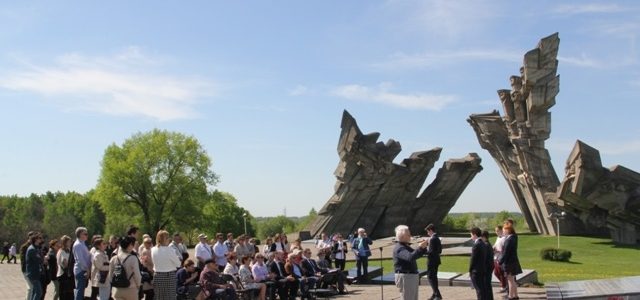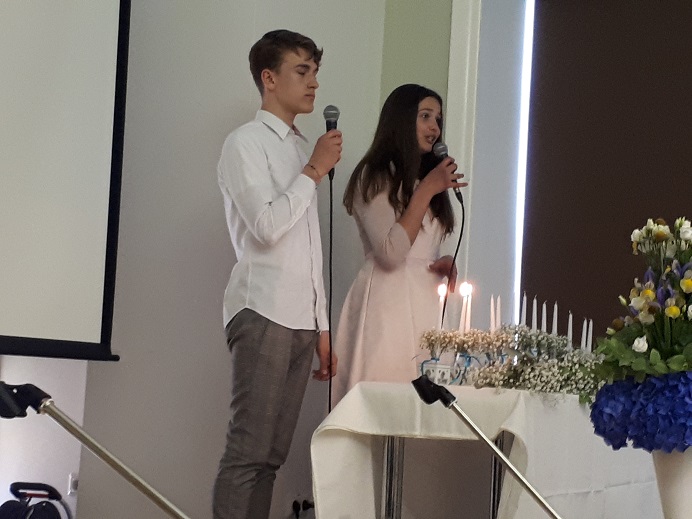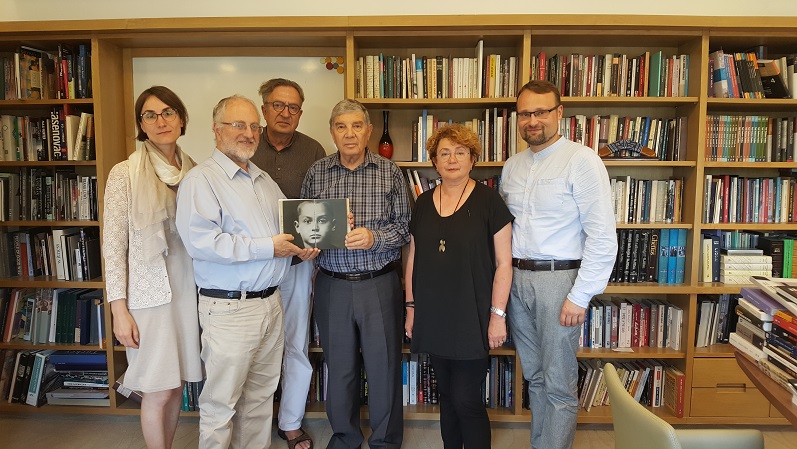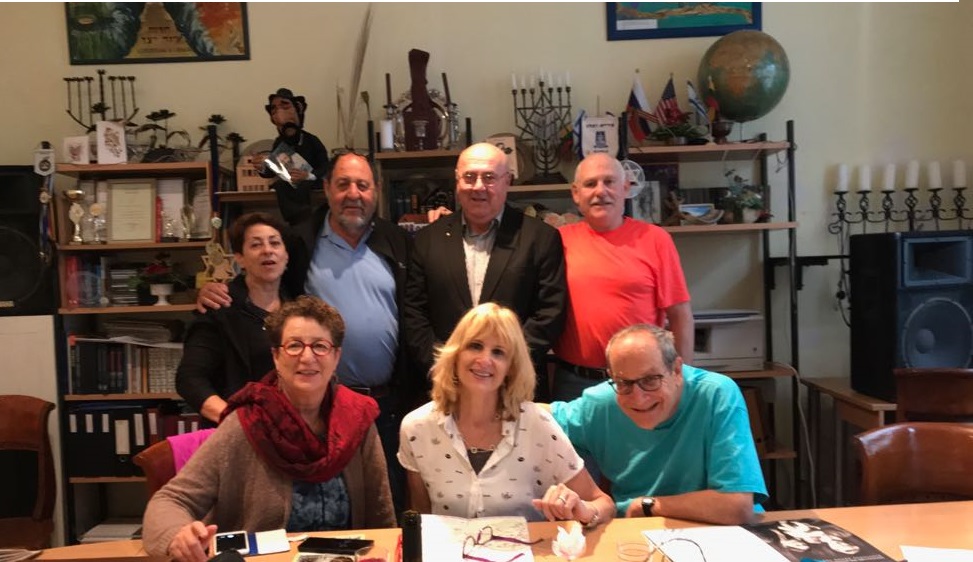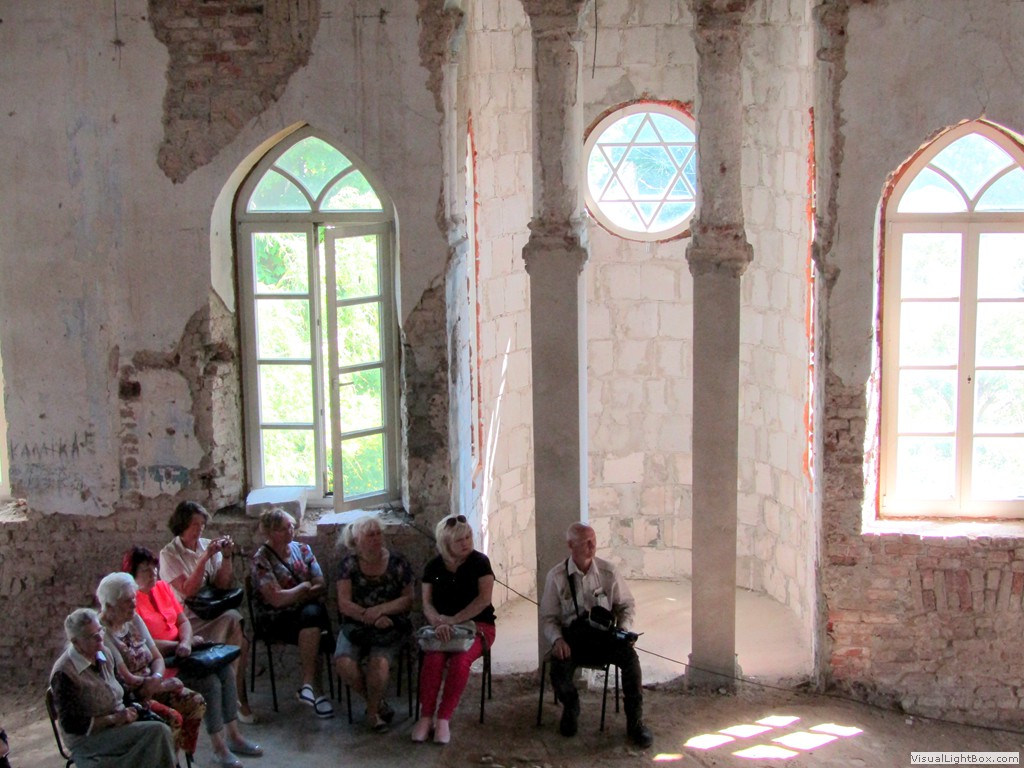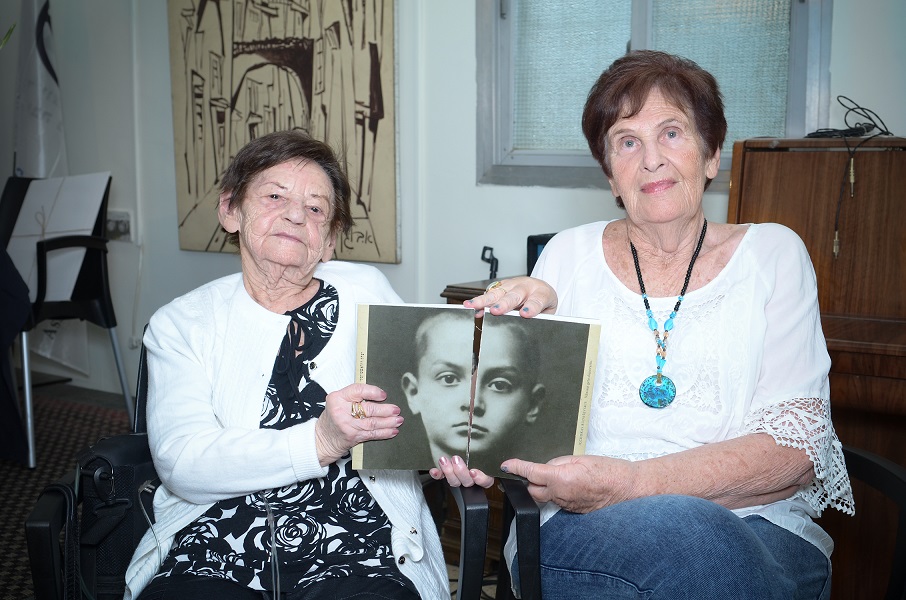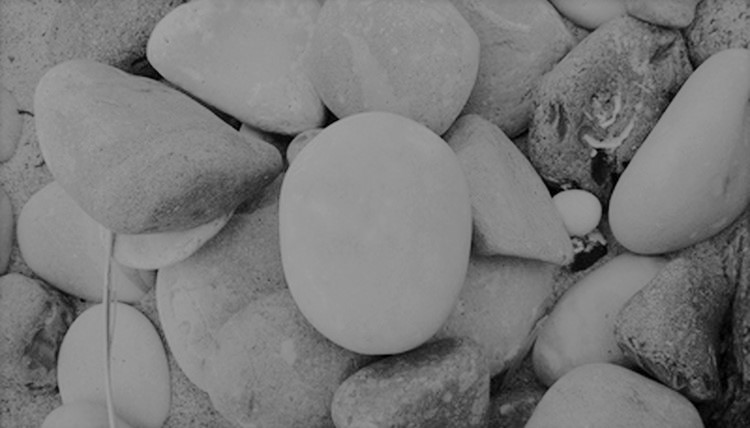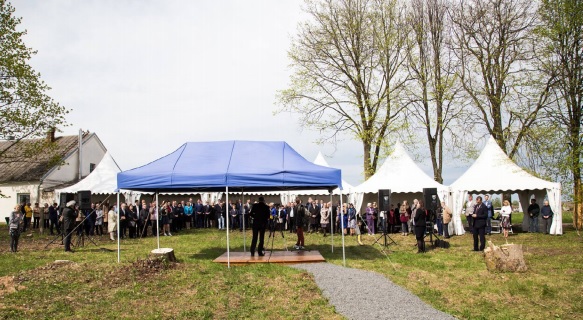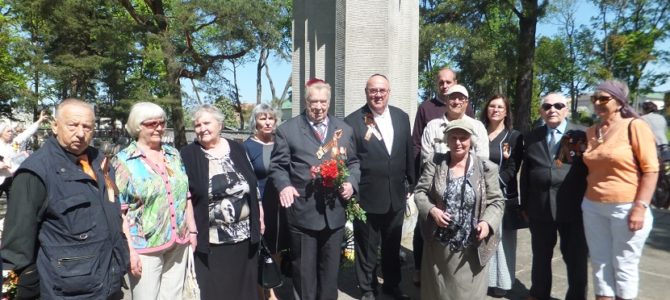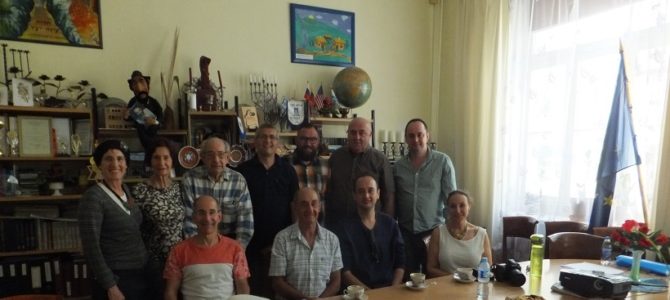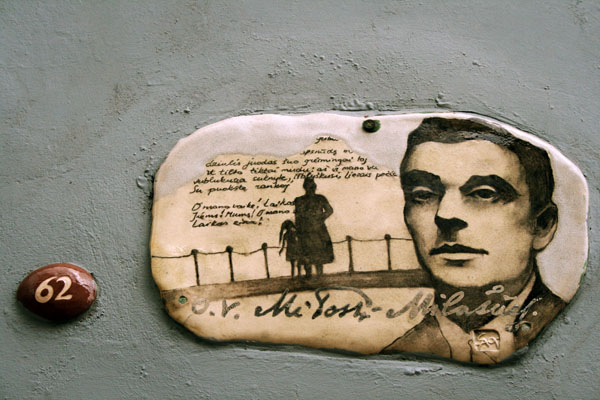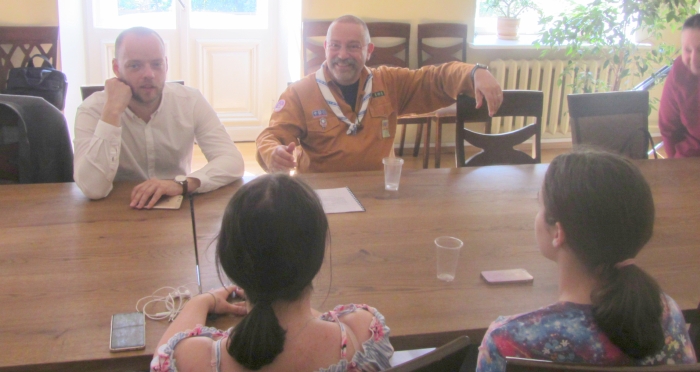
Before the Holocaust there were huge groups of Jewish boy and girl scouts throughout Lithuania. Some groups were religious, others Zionist, others secular. The one thing they all had in common was having fun outdoors, learning together the basic skills and fostering a shared Jewish identity.
Now there are plans to revive the Jewish scouting movement in Lithuania, which now has a mostly aging population of just under 3,500 Jews.
President of the International Forum of Jewish Scouts (IFJS) and member of the board of Éclaireuses éclaireurs israélites de France (EEIF) Alain Silberstein arrived in Vilnius to discuss French cooperation in the Litvak revival with Lithuanian Jewish Community leaders.
Parents of children aged 12 to 17 were invited to attend a discussion at the Lithuanian Jewish Community Wednesday. In an underwhleming show of support, several scouting-age Jewish girls, an interested member of the Jewish community in Vilnius and a handful of others came and heard a presentation by president Alain Silberstein and LJC executive director Renaldas Vaisbrodas.


